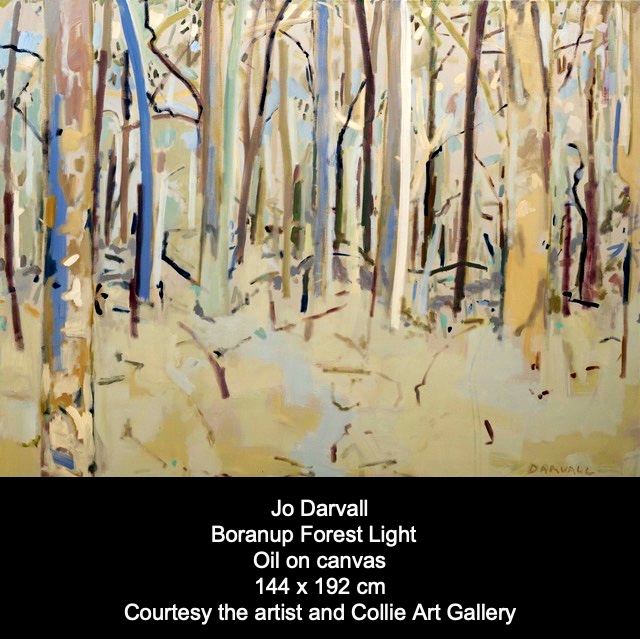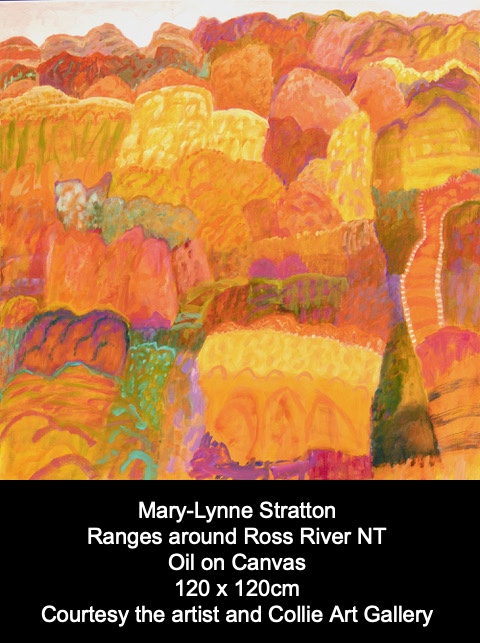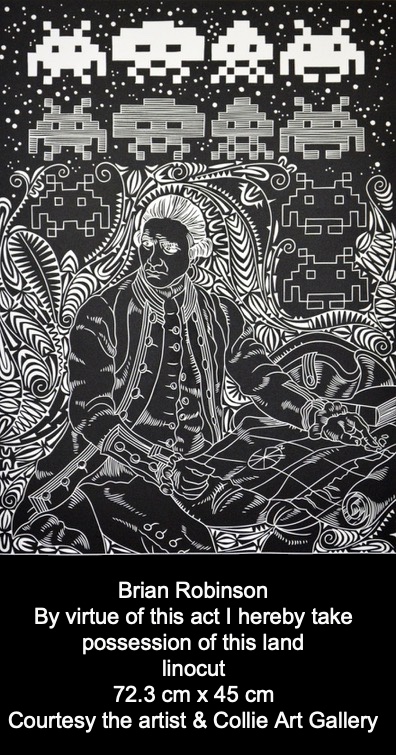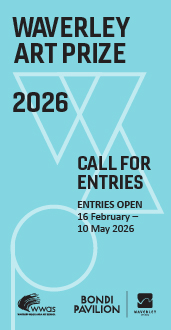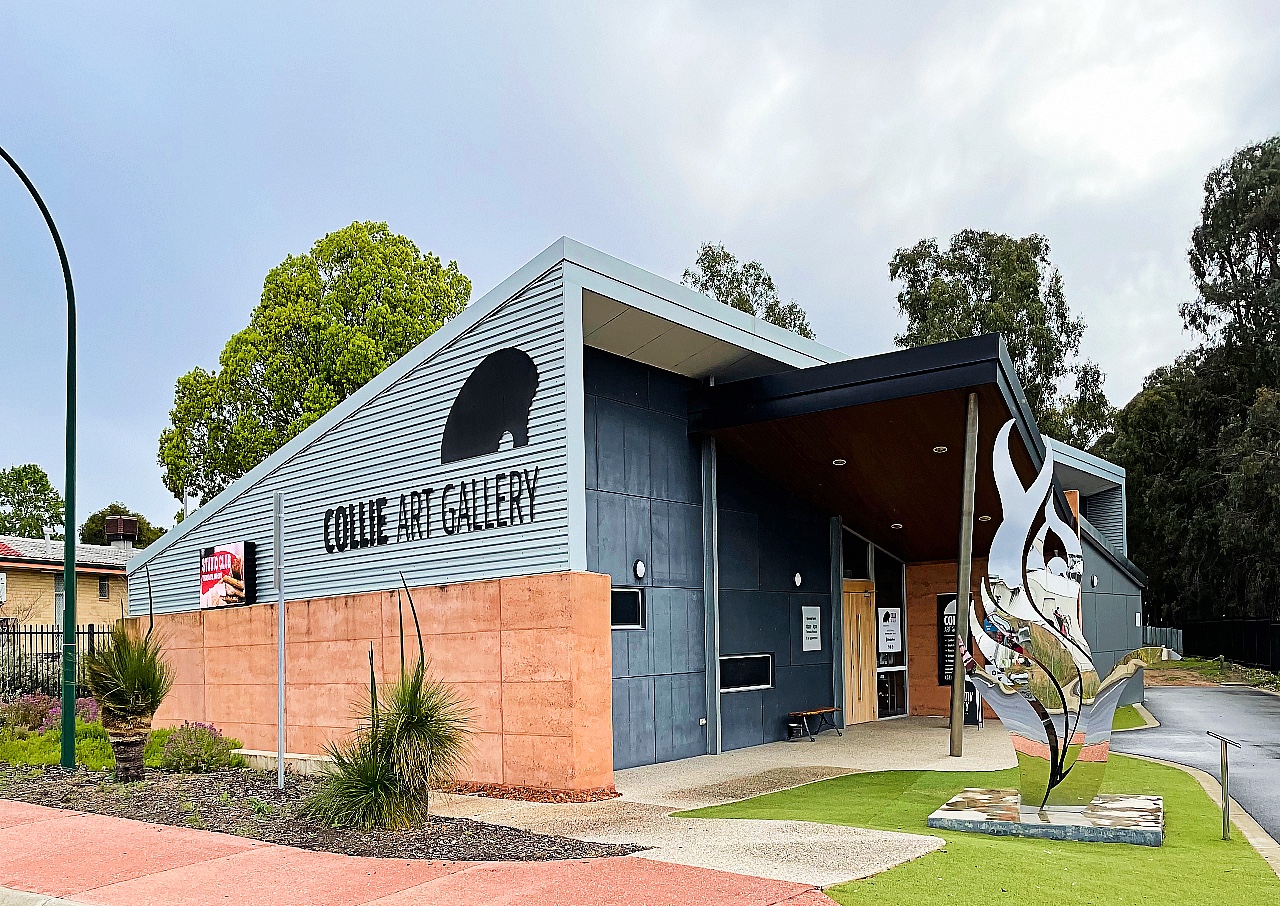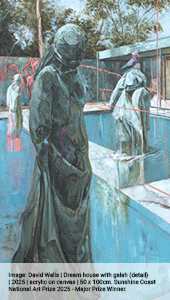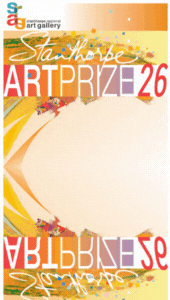Every art prize has a unique purpose intricately tied to its community, board, and guiding principles. For regional prizes, this often involves stimulating tourism and acting as a catalyst for artists and art enthusiasts to converge in local communities.
In a forthcoming series of essays, I want to explore the vibrant world of regional art prizes, vital lifelines for Australia's creative communities. Our journey begins with the Collie Art Prize.
Collie, nestled in the South West region of Western Australia, is a town located 213 kilometers south of Perth, the state capital, and 59 kilometers inland from Bunbury, a regional city and port. In this exploration, Payam Parishanzadeh, the Collie Gallery Coordinator, shares insights into the history and future of the Collie Art Prize.
The Collie Art Prize, rooted in regional Western Australia, extends its reach nationally every two years. Hosted at the Collie Regional Gallery, it made its debut in 2018, attracting a substantial 500 entries.
In 2023, the Collie Art Prize boasted a total prize pool of $67,000, securing a place among the top 20 art prizes in Australia in terms of prize money. The prestigious main prize is acquisitive, valued at $50,000.
So, what spurred the creation of this art prize? The genesis of the Collie Art Gallery (CAG) in 2015, followed decades of passionate local advocacy, heralded the town's need for an art gallery. This purpose-built space not only provides artists with a stellar showcase but also seeks to establish itself as a cultural hub in Western Australia's Southwest. Don Clark, a driving force behind CAP and a veteran of the Cossack Art Awards, envisioned a regular art prize that could beckon artists from across Australia to this burgeoning cultural haven.
In terms of evolution, the Collie Art Prize has remained steadfast in its purpose, refining its Terms and Conditions over time. Minor administrative adjustments have been made, alongside lessons learned from previous editions. The level of financial support from major sponsors has also fluctuated, with Bendigo Bank contributing the entire $50,000 First Prize in 2018 and 2020 and a partial contribution in 2023.
Expanding sponsorship and fostering community engagement have been pivotal in the prize's ascent. Volunteers actively engaged with local businesses, offering advertising space in the exhibition catalog in exchange for varying levels of support. The response exceeded expectations. Additionally, major corporations like WesTrac and Renergy were approached for substantial prizes, with some grant applications proving successful. A dedicated marketing officer now amplifies the CAP's reach through media outlets across WA and Australia.
While a formal mission statement is not present but the CAP's theme, "Identity," guides the entrants artistic responses. The prize aims to enhance its existing collection, primarily consisting of the Claude Hotchin bequest, and seeks to ignite creativity, a fundamental objective shared with art prizes across the globe.
Although local artists have yet to secure the top prize, their support remains steadfast with more than a dozen exhibiting each time the prize is held, which is every two years.
Yet, when it comes to sales during the exhibition, the numbers paint a different picture. Despite the gallery's fervent efforts, sales have been modest, reflecting the economic climate and the cautious spending habits of art enthusiasts.
Hosting the Collie Art Prize is a meticulous process, spanning pre-call preparations, including securing judges, sponsorship, and venue logistics, followed by the call for entries. Submissions are now made online, with artists allowed a maximum of two works for a $44 entry fee. Post-call involves an exhaustive review of entries, with selections made remotely. The exhibition phase witnesses artwork transportation and setup, and the grand finale unfolds at the opening night, where awards are conferred. The wrap-up phase sees the return of artworks to artists, with sales proceeds deposited in their bank accounts, subject to a 33% gallery commission.
Looking ahead, the CAP hopes to witness a resurgence in applications, ideally surpassing the 500 mark reached in its inaugural year.
In conclusion, the benefits of hosting a regional art prize outweigh the drawbacks. For the Collie Art Prize, it played an instrumental role in establishing the Collie Art Gallery on the national arts map, fostering economic growth for local businesses, and turning Collie into an emerging arts hub and tourist destination. The only notable drawback is the logistical challenge of transporting artworks to regional towns, particularly for interstate finalists, a hurdle exacerbated by limited funding for regional prizes compared to their metropolitan counterparts.
The Collie Art Prize, like its regional peers, serves as a testament to the transformative power of art in regional Australia, with its unique identity theme resonating far beyond the town's boundaries.
Prior winners of the CAP in 2023, 2020 and 2018 are in order:
